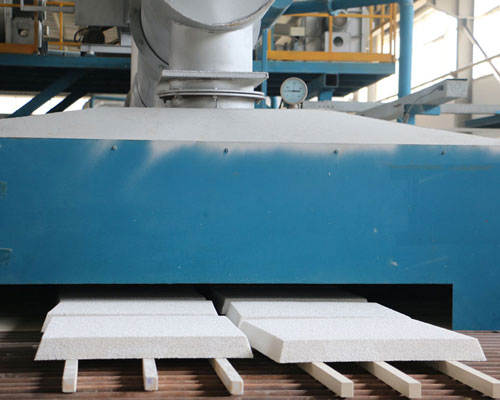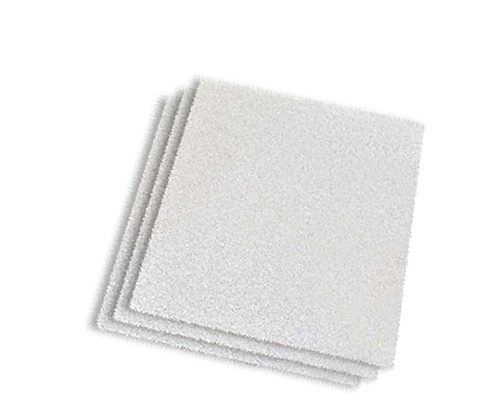Ceramic Foam Filter is widely used in the Khakasskiy Aluminum casting purification process, used to eliminate inclusions in molten aluminum.
The refinement of the melt can improve the uniformity of the metal, improve the mechanical properties, remove many metallurgical defects, improve the surface of the casting, and significantly improve the processability.
The main sources of inclusions are slag metal oxidation products, refractory materials, refining agent residues, casting materials and erosion, endogenous inclusions in the metal and insoluble inoculants or alloy addition residues.
The ceramic foam filter for Khakasskiy Aluminum is a new type of molten metal filter developed in recent years to reduce the flow of castings. The ceramic foam filter can effectively remove inclusions, reduce liquid metal and provide laminar flow, and the filtered metal becomes cleaner.

The ceramic foam filter is made of high-purity alumina (Al2O3). This alumina ceramic foam filter can work at pouring temperatures up to 2000 °F. The mesh shape of the filter provides thorough and deep filtration, which removes a large amount of impurities from the aluminum melt by providing deep bed filtration. Ceramic Foam Filter has excellent resistance to high thermal shock, while maintaining effective removal of impurities through Khakasskiy Aluminum continuous filtration.
Khakasskiy Aluminum Smelter (KhAZ) is an aluminum smelter located in an industrial area near Sayanogorsk, Khakassia. Affiliated to the Russian aluminum company, the plant produces 300,000 tons of aluminum per year.
The plant began construction in 2004, started in 2006, and was completed in just 24 months. This is a record short time to create a similar level of new capacity in the aluminum industry. One of the most technologically advanced aluminum smelters in the world.
The plant has an annual production capacity of 300,000 tons of metal. The total investment of the project exceeds 750 million US dollars. In order to obtain aluminum, the plant uses advanced pre-baked anode technology. The factory’s electrolysis workshop is equipped with 336 RA-300 electrolyzers-the company’s independent research and development.

